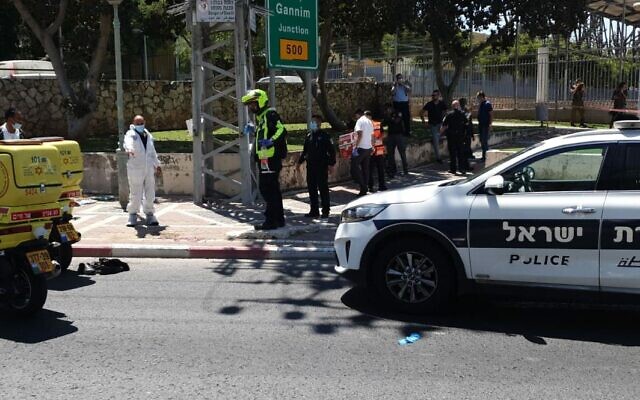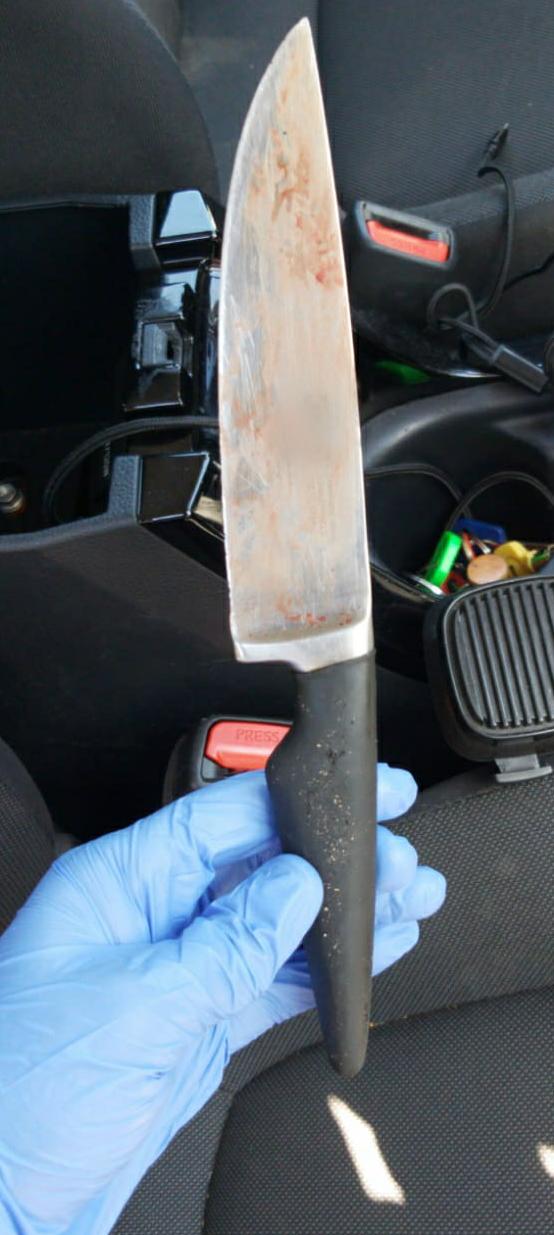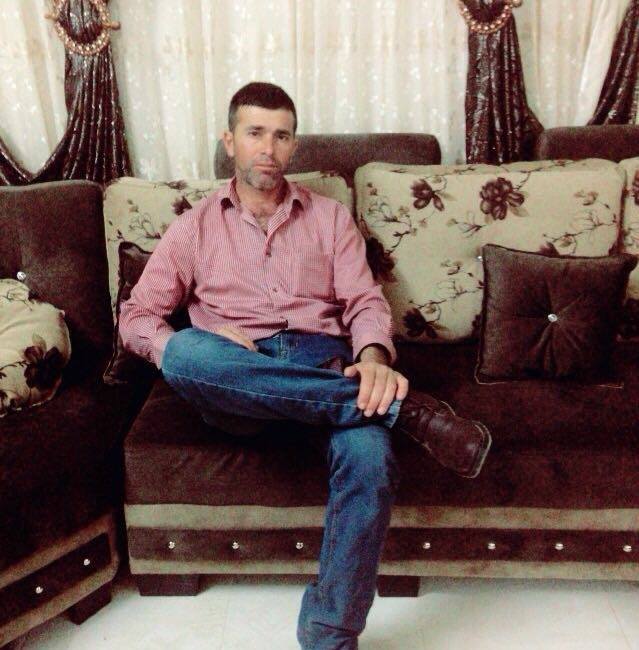Cops nab suspect at the scene outside Petah Tikva; victim is local man, aged 39; assailant said to be 46, father of 6, who had a permit to work in Israel

A Palestinian man allegedly stabbed an Israeli man to death outside the Tel Aviv suburb of Petah Tikva in a suspected terror attack on Wednesday afternoon, police said.
Police said the suspect was arrested near the scene shortly after the attack at the Segula Junction.
“The results of the investigation raise the suspicion of a nationalistic motive,” police said.
Ultra-Orthodox news outlets reported that the victim was a father of four, a member of Petah Tikva’s Haredi community, who studied full time at a religious institution known as a kollel in the nearby town of Kfar Saba. Police said he was 39 years old.
The suspect — identified by Israeli authorities as Khalil Abd al-Khaliq Dweikat, 46, from the northern West Bank — was in Israel with a legal work permit, according to the Shin Bet security service. Dweikat, a father of six from the Nablus area, had no history of terrorist activities, the Shin Bet said.

Upon his arrest, officers searched the suspect and found a blood-stained knife that was apparently used in the attack, police said.
The police handed over Dweikat to the Shin Bet for interrogation. The security service said it was looking into the possibility that he had a history of mental illness, but that it was “too soon to tell” if that could explain the attack.
The victim, whose name has yet to be released, sustained multiple, fatal stab wounds to his upper body, doctors said.
“When we arrived at the scene, we found a man who had been stabbed and was unconscious. We gave him first aid while performing CPR,” said a medic from the United Hatzalah first response service.
Medics continued performing CPR on the man as they took him to Petah Tikva’s Beilinson Medical Center, according to the Magen David Adom ambulance corps.
He was later pronounced dead by doctors in Beilinson’s trauma ward, the hospital said.
Road-side camera footage showed the moments after the attack when Dweikat, wearing a white shirt, could be seen walking away from the scene.
In the video, he can be seen crossing a road, followed by a man in a bright blue shirt. Another civilian man can then be seen chasing after him, and a short time later a police car arrives at the scene.
In additional footage from the scene, filmed by a passer-by, police officers with guns drawn can be seen arresting the suspect.
Dweikat is a resident of Rujeeb, a village south of Nablus.
“He is an older man, with children. He’s worked in Israel for many years. There’s absolutely no way he could do something like this — what they’re saying. He just wanted to work and live, just like the rest of us here. He has a good reputation in the village,” Nidal al-Asmar, 25, a young Palestinian man from Rujeeb who says he knew Dweikat personally, told The Times of Israel.

“It’s impossible. I don’t believe it,” al-Asmar added.
It is highly irregular for Palestinians with legal work permits to carry out attacks in Israel, having undergone significant background checks and regular screenings by Israeli security services. It is similarly uncommon for these kinds of attacks to be carried out by middle-aged men; typically assailants are in their teens or 20s.
As reported by The Times of Israel
